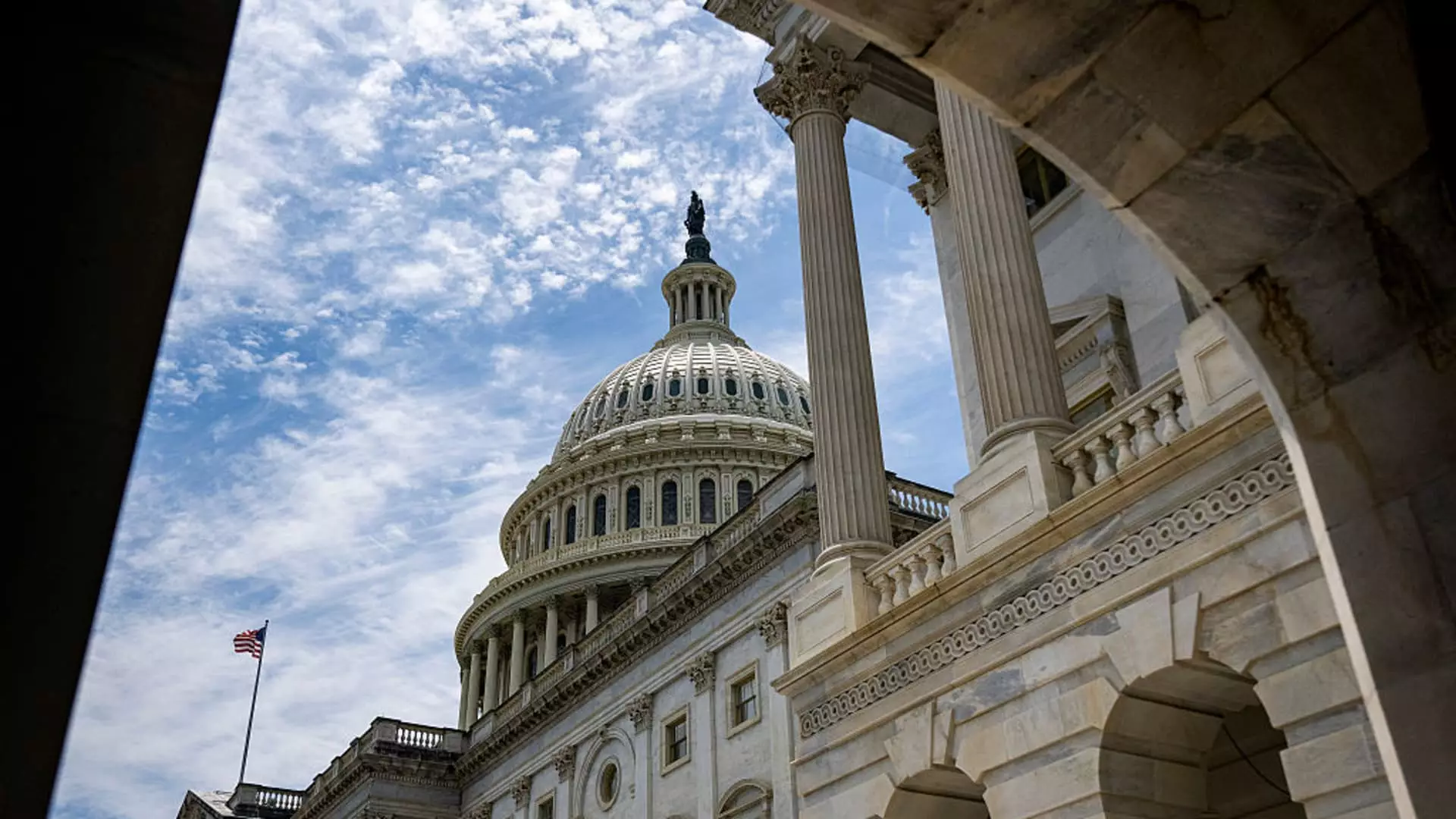At first glance, President Trump’s proposed “big beautiful bill” sounds like a masterstroke of economic policy—yet, beneath its glamorous veneer lies a strategic boon for America’s wealthiest few. The legislation, promising to extend and even make permanent many of the 2017 tax cuts, operates less as a vehicle for national prosperity and more as a shield for the elite class. It’s a testament to how the political system, under the guise of fairness, continues to prioritize the prosperity of high-income households over the needs of the broader population. As a center-wing liberal observer, I see this bill as a calculated effort to widen inequality rather than close the gaps that threaten social stability.
The promise of modest increases in after-tax income for millionaires—roughly 3%, equating to an average gain of $75,000—may sound insignificant to some. But it’s a wink to the ultra-affluent, offering further lucrative loopholes that deepen the chasm between the rich and everyone else. What’s particularly disconcerting is that this political maneuver largely preserves, and even enhances, provisions that favor investors and business owners at the expense of middle-class families. The bill’s seductive narrative of economic growth distracts from its true aim: consolidating economic power within a tiny cadre of wealthy Americans.
The Destructive Persistence of Loopholes and Favoritism
One of the most alarming aspects of the legislation is how it orchestrates a complex web of tax loopholes that serve the upper tier. The continuation and expansion of the SALT cap increase, from $10,000 to $40,000 for those earning less than half a million dollars, sounds generous but is ultimately superficial. It mainly benefits coastal blue states, whose taxpayers benefit from loopholes like the pass-through entity tax (PTET), allowing successful pass-through business owners—ranging from dentists to lawyers—to bypass the intent of the cap entirely. The Senate’s refusal to shut down these loopholes underlines a disturbing willingness to cater to the concerns of the wealthy, effectively awarding them an unlimited deduction that further shields their wealth.
This strategic preservation of loopholes is not accidental; it reveals an underlying political calculus that favors maintaining the status quo of inequality. By refusing to close these tax exploitation pathways, the bill entrenches a system where the wealthy can maneuver around the tax code, reinforcing their economic dominance while the middle and working classes bear the brunt of tax burdens and austerity measures. It’s a betrayal of the economic principles of fairness, prioritizing private advantage over societal equity.
Amplifying Wealth Through Investment Breaks and Estate Benefits
The proposed reforms to small business investments are another glaring example of favoring the well-heeled. The expansion of the Qualified Small Business Stock (QSBS) program, allowing investors to withdraw up to $15 million in gains tax-free, perpetuates the myth that encouraging investment will trickle down to the masses. Meanwhile, it primarily benefits millionaires pouring capital into small enterprises with enormous growth potential. The sweeping increase in the small business asset threshold from $50 million to $75 million is not about fostering entrepreneurship; it’s about providing an oligarchic tax haven for those who already sit atop the economic hierarchy.
Adding insult to injury, the bill ensures the permanency of the estate tax exemption at an astonishing $15 million per individual—effectively exempting the wealthiest families from inheritance taxes for life. This form of fiscal aristocracy is a clear rebuff to the idea that wealth should be redistributed or taxed progressively, as it secures multigenerational wealth transfer for the affluent while the middle class struggles under the weight of stagnating wages and rising living costs.
The Cost of Cutting Charitable Giving Instead of Fairness
Perhaps most morally troubling is the bill’s treatment of charitable deductions. It superficially offers an incentive to middle-income taxpayers, with a modest cap and the ability to still claim deductions even while taking the standard deduction. Yet, for the wealthy—who contribute the majority of charitable donations—the measures are a step in the wrong direction. The deduction cap and the new requirement that charitable contributions represent at least 0.5% of adjusted gross income effectively limit the utility of charitable deductions for the richest Americans.
This reflects a disturbing trend: instead of encouraging a more equitable distribution of wealth through taxation, the bill discourages the very forms of social responsibility that could serve as counterbalance. It’s a tacit acknowledgment that the wealthy are less incentivized to give when their deductions are capped; instead of fostering generosity, the legislation seems designed to keep wealth concentrated, with charitable giving becoming a symbolic gesture rather than a tool for societal improvement.
In sum, the “big beautiful bill” encapsulates the troubling reality of how political privilege and economic self-interest are cloaked in populist language. While superficially addressing some tax issues, it ultimately acts as a strategic reinforcement of privilege, providing the wealthiest Americans with more tools to shield and grow their fortunes. The central flaw lies in the continued favoritism and loophole preservation that serve the few at the expense of the many. For those committed to progress and fairness, this legislation is less an engine of economic fairness and more a testament to the enduring power of economic elitism woven into the fabric of American policy.


Leave a Reply